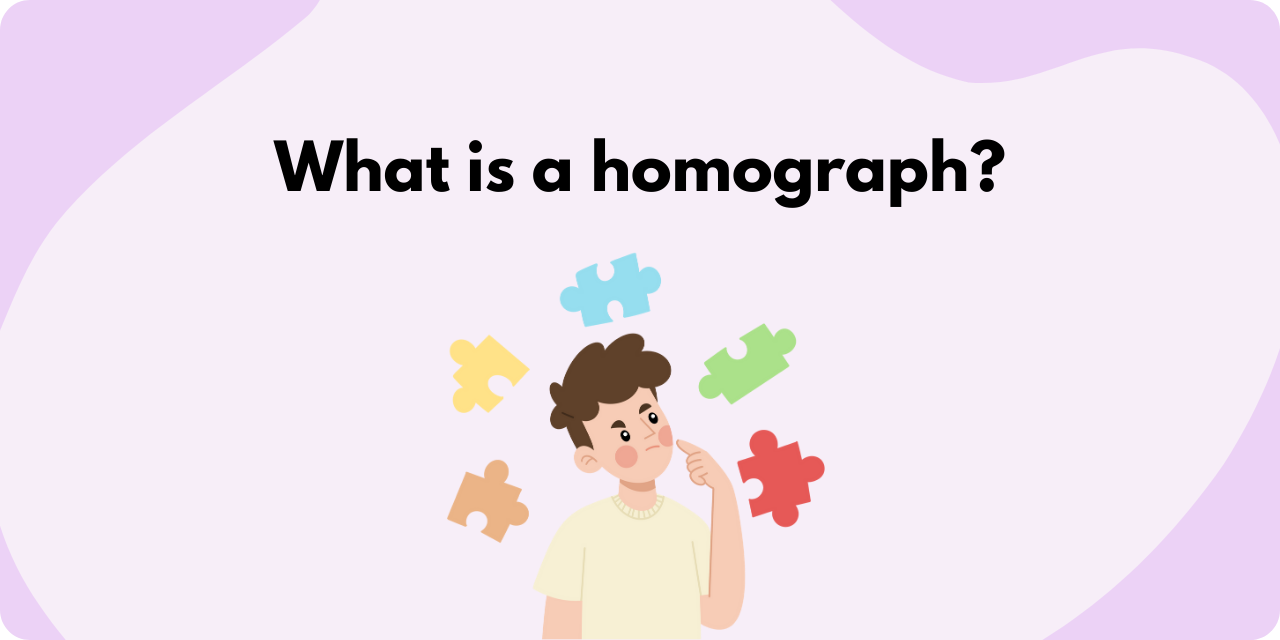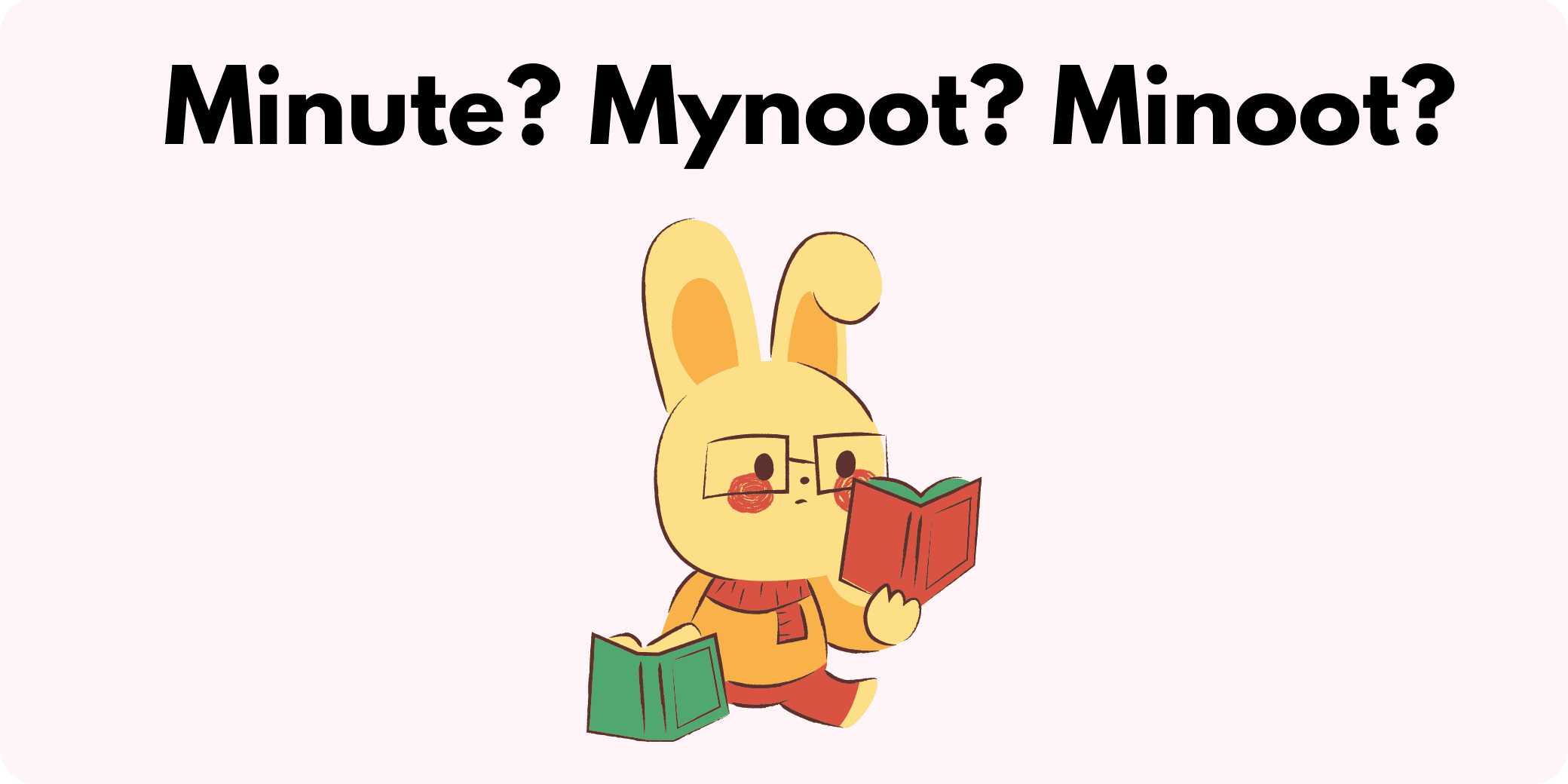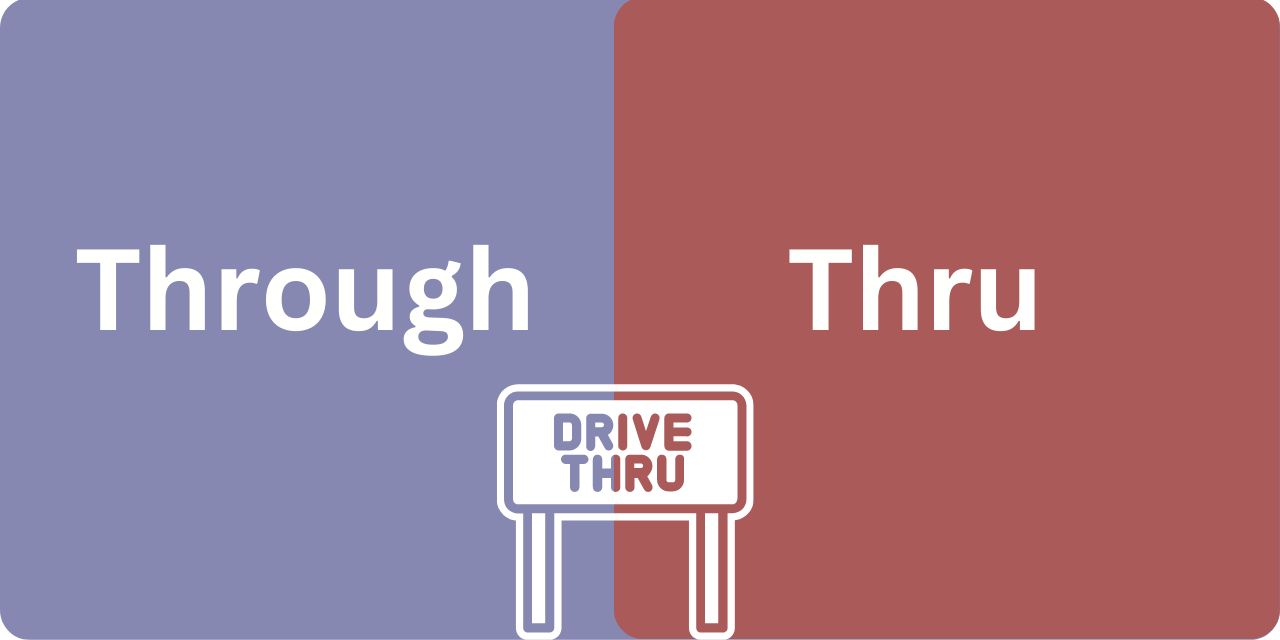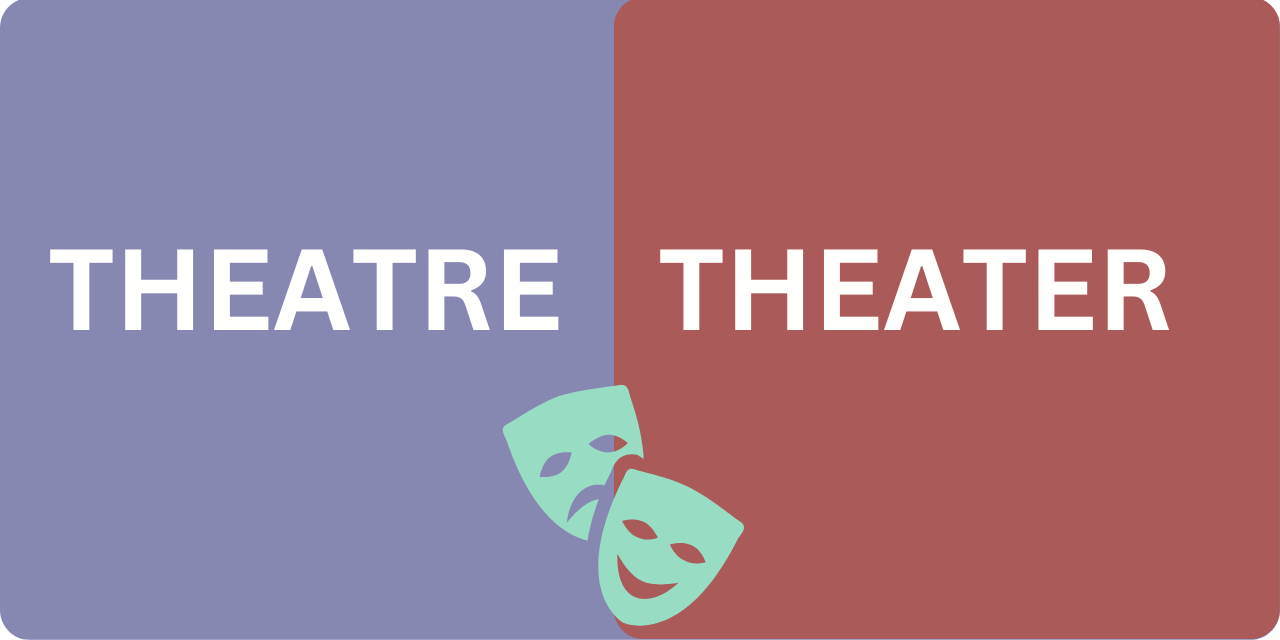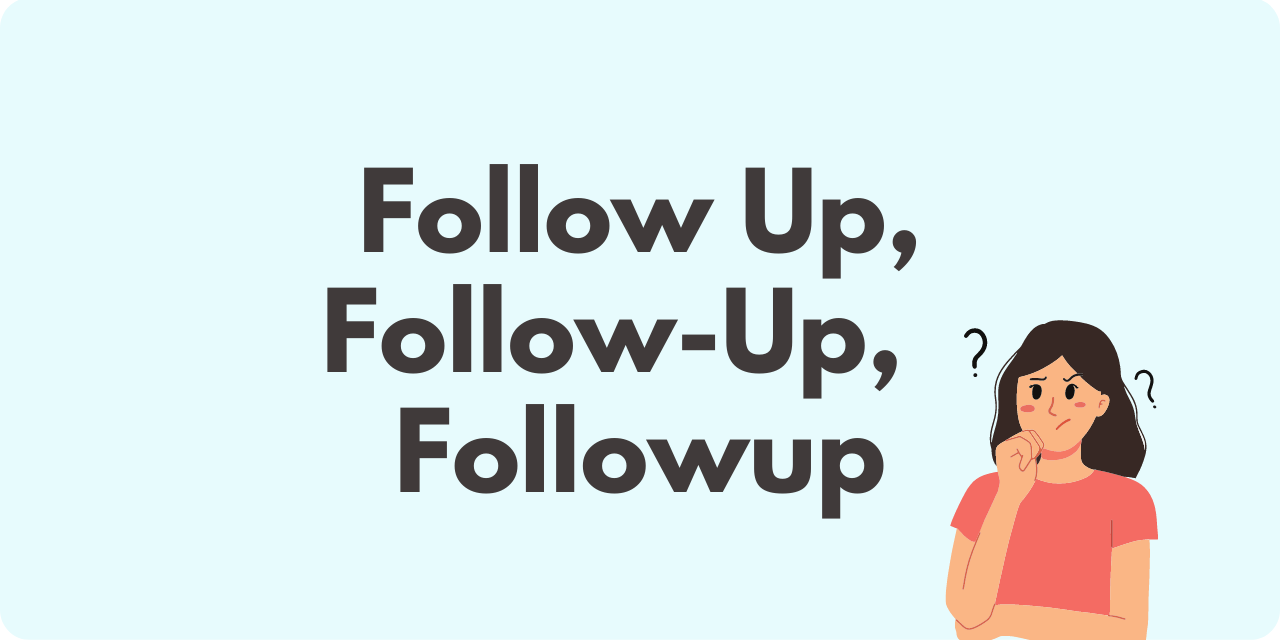What is the proper way to talk about the verb “to pay” in the past tense? Is it paid or payed?
- The infinitive “to pay” has many meanings, most relating to offering something (most commonly money) to someone else, commonly in return for services or goods.
- As an irregular verb, “pay” becomes “paid” in most instances rather than adding an “-ed” to the base word.
- However, there is another form of “to pay” relating to many nautical activities which follows the same conjugation rules except for the past tense, which becomes “payed” rather than “paid.”
When dealing with regular verbs, forming the past tense generally consists of adding “-ed” to the end of the base form or perhaps simply “-d” if the word already ends with an e. For instance, “jump” becomes “jumped,” and “smile” becomes “smiled.”
However, there are frequent exceptions to the rule in the English language. It is notorious for absorbing verbs from other languages, often bringing along the conjugation rules for the word. The result is irregular verbs, which do not fit the same mold as most English verb transitions and even transition differently from one another.
“Pay” is an irregular verb with a past tense spelling of “paid.” However, this word is unusual because it has a secret – a twin form of the expression with an alternate conjugation for the past tense, meaning something completely different.
What Does “Pay” Mean?
Most people understand the word “pay” as it relates to commerce. In this situation, it means offering currency, goods, or services in return for something else.
- Kalahan dropped a pouch of gold coins on the merchant’s counter to pay for his new sword.
If Kalahan continues to serve as a monster-slaying mercenary, he will need the best equipment for the job. In this example, he uses gold as his currency, trading it to a vendor for a new blade.
However, you can offer something in some situations without expecting anything in return.
- The entire village gathered to pay their respects when the honorable sage passed away.
Here, there is no transaction taking place, but the villagers are offering their time and appreciation for this man as a form of tribute.
- The bright sun shone outside, making it hard for Billie Joe to pay attention to his teacher, as his mind kept wandering to all the adventures he could be having instead.
Another offering without a direct return, “paying attention,” refers to offering your focus and consideration to someone. While this targeted concentration could provide benefits since the teacher is providing a lesson, that is not always the case. After all, Billie is paying attention to the beautiful day outside and not gaining anything but a sense of longing.
- The detective snapped the silver handcuffs around the criminal’s wrists, then took him to jail to pay for his crimes.
In this case, the greater part of this payment is not currency, but intangible incarceration time, depending on the jury’s verdict.
Sometimes, “pay” refers to money received in exchange for services like completing a job.
- Once the sailors had their pay, they immediately headed for the nearest pub to make the best use of it.
How to Conjugate the Infinitive “To Pay”
The base form of “pay” is the infinitive “to pay,” which changes depending on how we use it, generally to compensate for tense, number, and person. Here is the basic conjugation of the verb:
Person Past Present Future
I paid pay will pay
You paid pay will pay
He/She/It paid pays will pay
We paid pay will pay
They paid pay will pay
You (all) paid pay will pay
The pattern is the same other than the present form of the third-person pronouns. In more complex tenses, the past progressive form is generally “was paying,” and the past perfect form is “has paid,” with a few exceptions for subject/verb agreement.
Therefore, if someone changed the past tense to “payed,” which may be forgiven considering that is the basic rule of thumb in a regular verb, you would expect this to be a simple misspelling, right?
Maybe. Or maybe not.
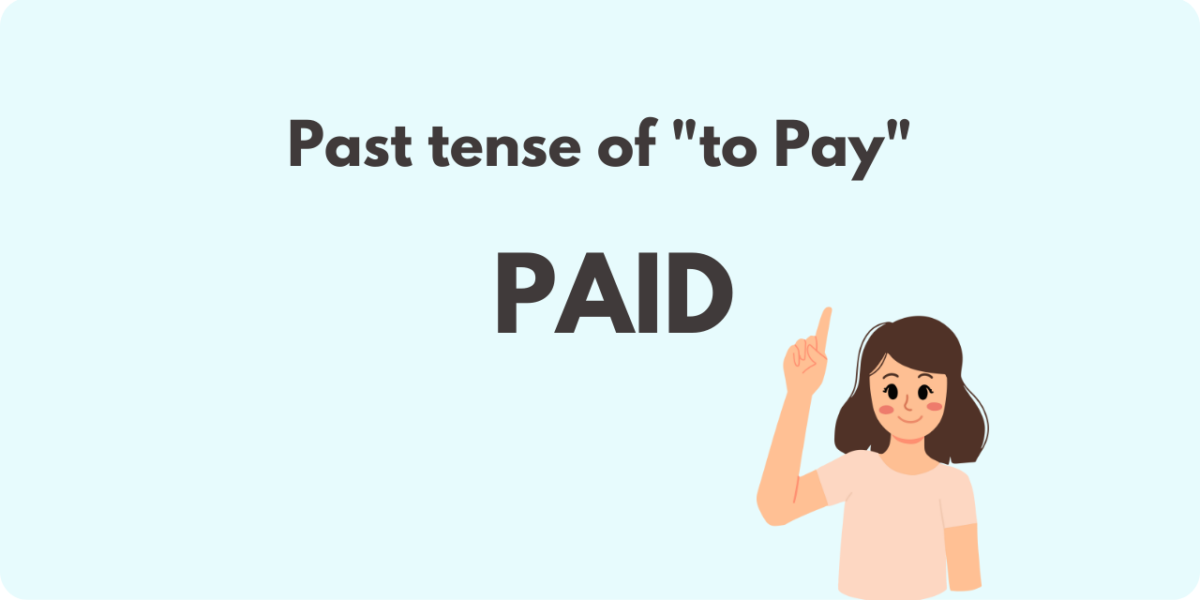
When “Payed” Is a Correct Verb Form
If used when trying to spell the past tense of “to pay” with the above definitions, along with a few similar variations, “payed” would indeed be considered a misspelled word. However, “to pay” has another, less commonly used meaning that, in most cases, is nautical in nature. If that word makes you scratch your head, it means relating to sailors, boats, and similar concerns related to the sea.
When used this way, the definition often relates to applying a waterproof seal to something, commonly a ship’s deck. It is also appropriate when referring to a gradual slacking of a rope or chain or offering them a bit at a time.
- Marlowe could not see the bottom of the pit, so he tied a rope around his waist and gave the coil to Matthew; as he climbed down, his friend payed out that rope.
Because Matthew is letting his friend’s descent guide the amount of rope he is releasing, this is considering paying out the rope. It is interesting to note that the only time you can detect a difference between this form of “pay” and the common usage is in the past tense.
Otherwise, it would appear thus:
- “Matthew, pay out the rope to me as I climb down, okay?”
Here is another example of the past tense of these traditionally nautical meanings in play:
- Because the crew did not pay the deck, it soon began to crack and splinter when exposed to the sea and rain.
Remember, in this case, “pay” means to waterproof the surface, using tar, pitch, or some other sealant to protect it.
Final Thoughts
Most of the time, if you see “payed” used to express the past tense, it is likely a spelling mistake. These writers are likely trying to convey a transaction and have followed the basic rule for regular verbs, adding “-ed” to the base form. As “pay” is an irregular verb, the past tense form in that scenario should be “paid” instead.
That being said, “payed” is not always improper, as when referring to a gradual drawing out of rope or the act of waterproof sealing a deck or similar surface. In fact, this instance is often improperly attributed to the form “paid” for its past tense, as that conjugation is far more common and doesn’t “look” wrong to most people. In most cases, this is widely accepted even though it is technically incorrect.
The two forms play out identically in any other tense, making these considerations irrelevant.
Further reading: Led or Lead? Began or Begun? Pleaded or Pled?

